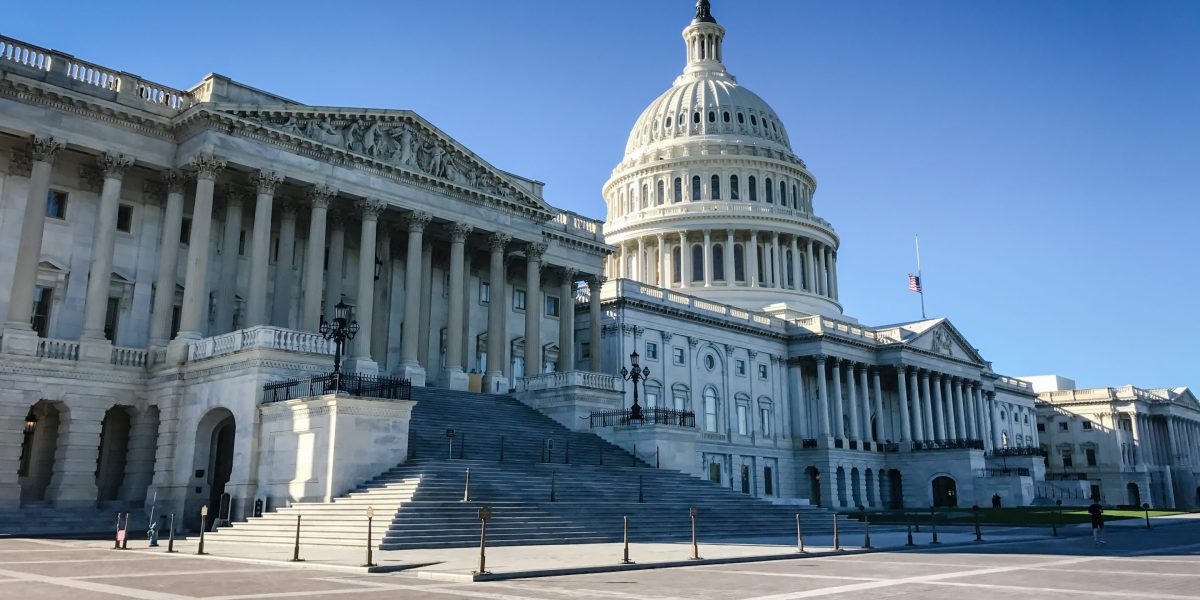Physical Address
304 North Cardinal St.
Dorchester Center, MA 02124
Physical Address
304 North Cardinal St.
Dorchester Center, MA 02124


The Senate version of President Donald Trump’s tax and spending measure would add nearly $3.3 trillion to US deficits over a decade, according to a new estimate from the nonpartisan Congressional Budget Office.
The CBO score for the so-called One Big Beautiful Bill reflects a $4.5 trillion decrease in revenues and a $1.2 trillion decrease in spending through 2034, relative to a current law baseline.
The Senate bill, by Republican request, was also scored as costing $507.6 billion over a decade relative to a current policy baseline. The party’s lawmakers have sought to use the accounting maneuver to permanently extend President Donald Trump’s 2017 income-tax cuts, and score them as costing nothing.
The bill includes $4.5 trillion worth of tax cuts, according to a Saturday estimate from the Joint Committee on Taxation.
Use of the current policy baseline is unprecedented for the reconciliation process the Republicans are using to approve the massive legislation with a simple majority. The cost of a bill is normally measured according to what effect it would have on the federal budget under current law. But the Republicans want to revise the process by assuming that current policies remain in place indefinitely.
The bill’s cost has been a big problem for fiscal conservatives. It has faced several obstacles in the Senate as lawmakers have demanded conflicting changes. Then a number of spending cuts included in the package were changed as they did not comply with Senate rules for the reconciliation process.
Earlier: Trump Speeds Up Tax Bill Deadline as Tentative SALT Deal Reached
Democrats and some economists have argued use of the current policy baseline allows GOP lawmakers to circumvent rules that would otherwise limit the bill’s fiscal effects. That, they say, imperils the nation’s fiscal trajectory.
The cost of the Senate bill is higher than the CBO’s $2.8 trillion projected cost of the version passed by the House last month, which also accounts for economic effects and higher interest rates spurred by larger debt loads.
The legislation encompasses much of Trump’s economic agenda. In addition to the 2017 tax break extension, it would make make various spending cuts to safety net programs, including Medicaid and the Supplemental Nutrition Assistance Program, or food stamps.
The Senate version made three business tax breaks permanent, limits deductions on new tax breaks on workers’ tips and overtime and includes changes to some of the Medicaid provisions.
House and Senate Republicans have also reached a deal to alter the cap on federal deductions for state and local taxes. That limit will remain at the $40,000 limit set in the House bill, but it will be limited to a five-year period, rather than 10 years.